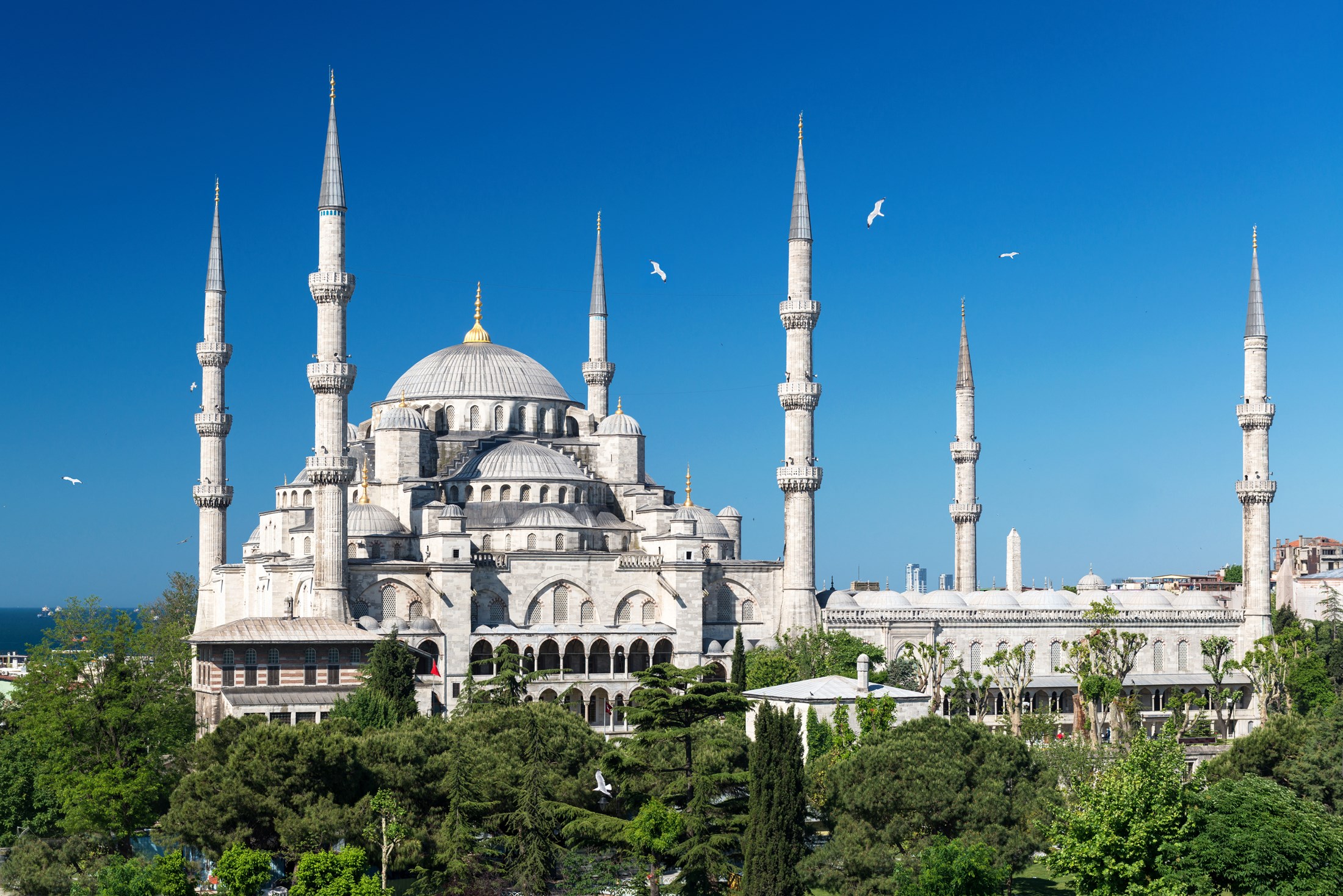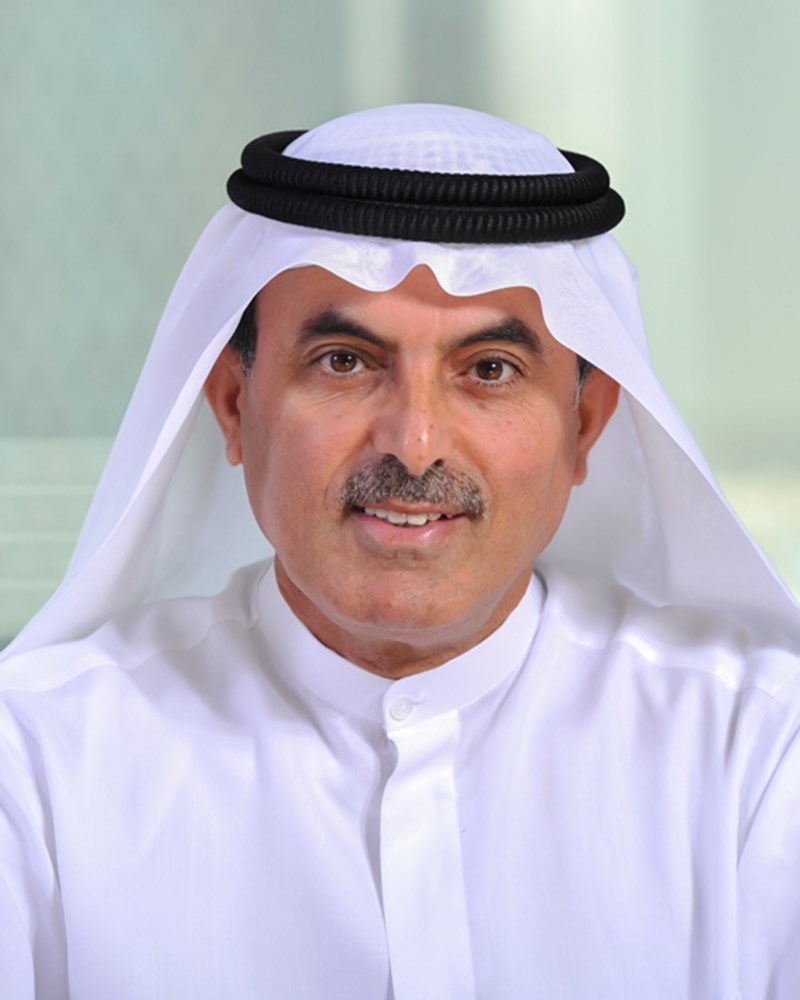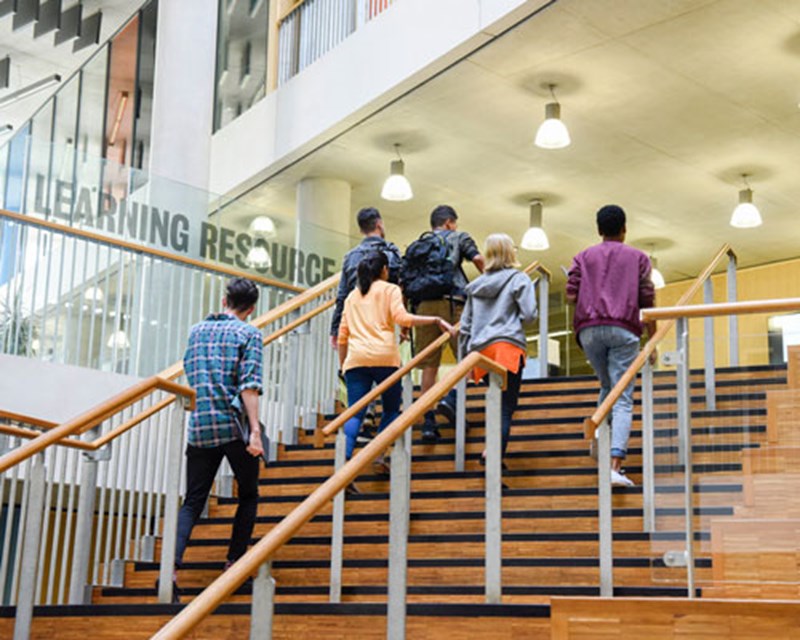The Gulf region is known for its wonderful generosity, and Muslim communities across the globe work tirelessly for community development. It begins in the Quran, where you will find repeated calls reinforced by prophetic tradition for the faithful to solve problems, engage with others, and pursue happiness in the servitude of humanity.
Not only is this commitment to give to - and care for - others driving a positive force for change across the world, but it is also spawning a new generation of social entrepreneurs who are channelling a faith intention into the venture space.
In recent times, I have met more inspirational, more confident, and more successful young entrepreneurs than ever before. And they are all united by a desire to give back and seek the pleasure of the divine.
Nowhere was this more evident than in the types of entries we received for the Spark Award, a new competition initiated by Collective Continuum, a group of impact investors focussed on seeding humanity-centric startups, of which I am a director.
We received more than 500 expressions of interest and over 330 formal applications from 28 different countries from faith-focussed entrepreneurs. Their entries, which ranged from early-stage ideas to fully-fledged enterprises, were all driven by questions such as: ‘What does God want from us?’ and ‘How can we follow a prophetic path to overcome social challenges?’.
The first prize was eventually won by Ruh Care, an online directory of Muslim mental health professionals created for people seeking Islamically-aligned therapy. Runners-up were Deen Developers, a UK-based nonprofit, which brings together Muslim technology-for-good entrepreneurs for hackathons and other solutions-focussed events.







